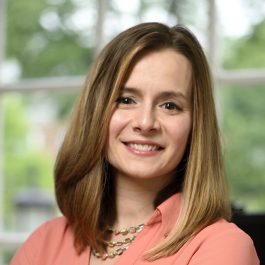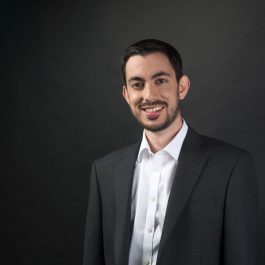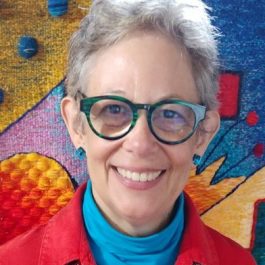
Adele Diamond
Adele Diamond, Ph.D., FRSC is the Canada Research Chair Tier I Professor of Developmental Cognitive Neuroscience at the University of British Columbia (UBC) in Vancouver, Canada. A leader in two fields, psychology and neuroscience, she helped pioneer a now flourishing interdisciplinary field called “developmental cognitive neuroscience.” She specializes in the rigorous study of how executive functions (EFs) in children are affected by biological factors and by environmental ones. Her discoveries have thrice changed international medical guidelines for the treatment of diseases and have had a significant impact on early education worldwide.
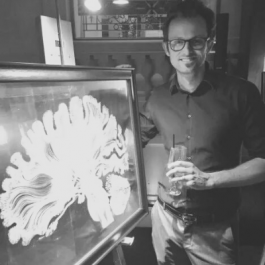
Greg Dunn
Greg Dunn, Ph.D., began painting brain and neuroscience art in graduate school at the University of Pennsylvania. His love for the brain and the beautiful forms of neurons fit harmoniously into his love for Asian art. He began exploring art of the brain and neurons through ink paintings and scrolls, painting commissions for universities and individuals. Over time, he gradually began using gold in his art. He completed his doctorate in Neuroscience at the University of Pennsylvania in 2011.
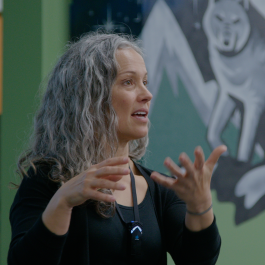
Jennifer Gonzalez
Jennifer Gonzalez is a National Board Certified Teacher with over 10 years of classroom experience. Most of this time was spent teaching middle school language arts, and the rest was at the college level, where she trained pre-service teachers for the classroom. In 2013, she created the website Cult of Pedagogy, where she now works full-time to help teachers of all subjects and grade levels practice and perfect the art of teaching.
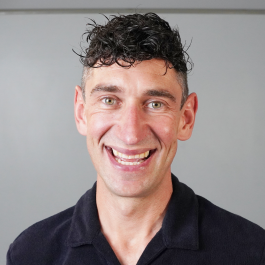
Peps Mccrea
Peps Mccrea is an award-winning teacher educator, designer and author. He is Director of Education at Steplab and author of the ultra concise High Impact Teaching series. Peps has three Masters degrees, Fellowships from the Young Academy and University of Brighton, and lots of distracting tattoos. He works on Evidence Snacks, writes ultraconcise books for teachers, composes instructional threads on Twitter. For more, check out this profile interview in SchoolsWeek. Visit www.pepsmccrea.com for more.
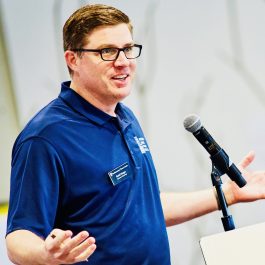
David Yeager
David Yeager, PhD, is a professor of psychology at the University of Texas at Austin and the cofounder of the Texas Behavioral Science and Policy Institute. He is best known for his research conducted with Carol Dweck, Angela Duckworth, and Greg Walton on short but powerful interventions that influence adolescent behaviors such as motivation, engagement, healthy eating, bullying, stress, mental health, and more. He has consulted for Google, Microsoft, Disney, and the World Bank, as well as for the White House and the governments in California, Texas, and Norway. His research has been featured in The New York Times Magazine, The New York Times, The Wall Street Journal, Scientific American, CNN, Fox News, The Guardian, The Atlantic, and more. Clarivate Web of Science ranks Yeager as one of the top 0.1% most-influential psychologists in the world over the past decade. Prior to his career as a scientist, he was a middle school teacher and a basketball coach. He earned his PhD and MA at Stanford University and his BA and MEd at the University of Notre Dame. He lives in Austin, Texas, with his wife and their four children.
CTTL Faculty
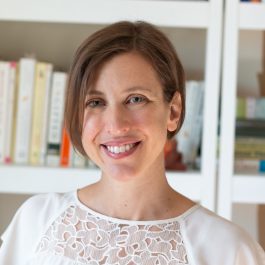
Tia Henteleff
Tia Henteleff is a veteran early childhood educator, professional development designer, speaker, and author. Her book, As We Begin: Dispositions of Mind, Learning, and the Brain in Early Childhood released in February 2024. She is currently a Design Science Teacher for preschool and elementary grades as well as the Lower School Research Lead for the Center for Transformative Teaching & Learning. She received her Masters in Curriculum and Teacher Education with an emphasis in the visual arts from Stanford University where she stayed after graduation to work in the laboratory preschool on campus. Her research and teaching combine her passions for understanding the brain, the science of learning, the development of intellectual curiosity and creativity, and early childhood education.
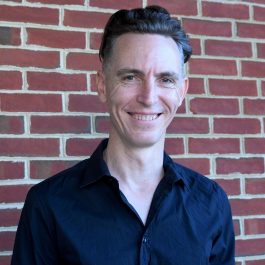
Ian Kelleher
Ian Kelleher, Ph.D., is a science teacher at St. Andrew’s Episcopal School, and Dreyfuss Head of Research for its Center for Transformative Teaching & Learning. His work focuses on helping teachers translate the science of learning into everyday practices in their own classrooms and measuring the impact. Ian is the co-author of Neuroteach: Brain Science and the Future of Education, and co-designer of Neuroteach Global. Ian is the inaugural Joseph and Kathleen Dreyfuss Family Chair for Research, an endowed position at St. Andrew’s Episcopal School for the lead CTTL researcher. Ian grew up in the United Kingdom, went to the University of Cambridge for his Ph.D., was an undergraduate at Manchester University, but has been teaching in the United States for more than twenty years.
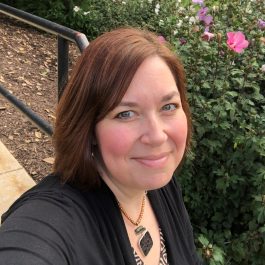
Margaret Lee
Margaret (Meg) Lee has been a public school educator for over 25 years — serving as an English teacher, professional developer, middle school administrator, supervisor of advanced programs, and director of organizational development. She is the author of Mindsets for Parents: Strategies to Encourage Growth Mindsets in Kids (2nd edition forthcoming) and has taught education and psychology courses at the graduate level. Her work in the science of learning, particularly implementation at scale, has led her to collaborative projects with the Center for Transformative Teaching & Learning, International Society for Technology in Education, Alliance for Excellent Education, Education Writers Association, and researchED and opportunities to support other educators across the US and in the UK.
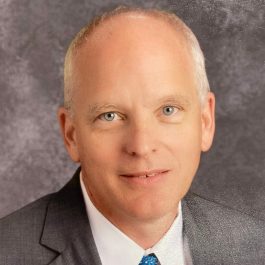
Chuck James
Charles (Chuck) James is D!Lab Director and Science Teacher at St. Andrew’s Episcopal School and an Omidyar Fellow with the Center for Transformative Teaching and Learning. Chuck’s experience in education and instruction spans three decades and includes work as Director of Education and Public Outreach for the Carnegie Institution’s NASA’s Astrobiology Division, adjunct professor of science education at George Mason University, and Director of Education and Public Outreach at the Carnegie Institution of Science. He was twice awarded the state-level Presidential Award for Excellence in Teaching Science and Mathematics. In 2018, he published The D!Lab Guide to Design Thinking and Imagination.
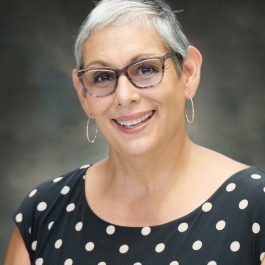
Lorraine Martinez Hanley
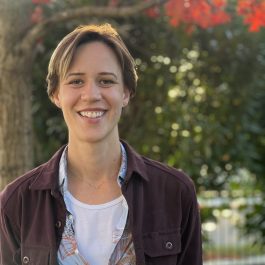
Eva Shultis
Eva Shultis is the Associate Director for Research & Product Development at The Center for Transformative Teaching & Learning and a science teacher at St. Andrew’s Episcopal School. She works with students, teachers and school leaders to translate the science of learning into their everyday practice. Eva has taught middle and high school science since 2010 and co-designed Neuroteach Global Student, a program that puts research-based learning strategies directly in the hands of students. She cares deeply about neurodiversity, identity, and equity in education. She earned her Sc.B. in Human Biology from Brown University and an Ed.M. in Mind, Brain & Education from the Harvard Graduate School of Education.
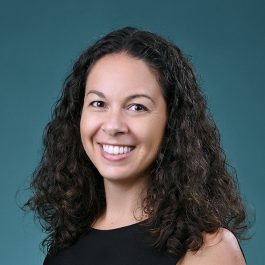
Kristin Simmers
Kristin (Kris) Simmers taught for 16 years in 4 countries and is currently a PhD student studying Learning Sciences at the University of Connecticut. She holds an M.S. in Elementary Education, an M.Ed. in Curriculum and Instruction, certification in English as an Additional Language and a graduate certificate in Special Education. Kristin currently serves as a Teaching Fellow in Harvard Extension School’s Neuroscience of Learning course, the Graduate Student at Large in AERA’s Brain, Neuroscience and Education Special Interest Group and was recently elected co-president of the International Mind, Brain and Education trainee board. Her interest in the brain and learning began in 2000 as her younger brother began to struggle in school, and his experience continues to motivate her work in this field.
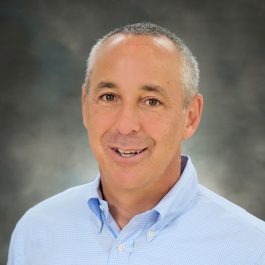
Glenn Whitman
Glenn Whitman is a History teacher at St. Andrew’s where he also directs the Center for Transformative Teaching and Learning. Glenn is the co-author of Neuroteach: Brain Science and the Future of Education and co-designer of Neureoteach Global. Glenn is a former Martin Institute for Teaching Excellence Fellow and author of Dialogue with the Past: Engaging Students and Meeting Standards through Oral History as well as co-editor of Think Differently and Deeply, the international publication of The CTTL. Glenn earned his MALS from Dartmouth College and a BA from Dickinson College.

Dr. Pooja K. Agarwal
Assistant Professor at the Berklee College of Music and an Adjunct Professor at Vanderbilt University. Author of Powerful Teaching: Unleash the Science of Learning. Founder of RetrievalPractice.org, a hub of resources and strategies for teachers based on the science of learning.
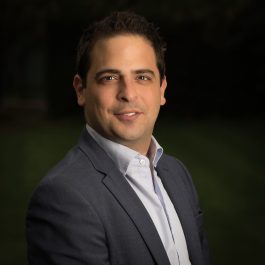
Bradley Busch
Bradley Busch (@BradleyKBusch) is a chartered psychologist. He is one of the leading experts on how psychological research can best help students and teachers improve how they think, learn and perform. Outside of education, he works with Premiership and international footballers, as well as has helped members of Team Great Britain win medals at London 2012, Rio 2016 and Tokyo 2020. He is the co-author of The Science of Learning – 99 studies every teacher needs to know.
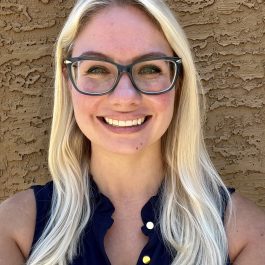
Megan Brunner
Megan Brunner is the Research Scientist for the EF+Math Program. Prior to joining the EF+Math team, she was a research assistant and instructor in Oregon State University’s College of Education. In her instructor role, Megan designed and taught a variety of courses for undergraduates and graduate students on topics including mathematics education policy and research, math content for secondary teachers, and pedagogy. She also served as a supervisor for secondary mathematics teacher candidates across districts in Oregon. In her research assistant role, Megan has contributed to the design and implementation of multiple research projects in STEM education. Additionally, Megan has taught middle grades mathematics for Aim High, an educational non-profit program focused on community-based, justice-oriented learning, for six years. Learn more about Megan here.

Pamela Cantor
Pamela Cantor, M.D. is a child and adolescent psychiatrist, founder of Turnaround for Children, author, and thought leader on human potential, the science of learning and development, and educational equity. Dr. Cantor is a child and adolescent psychiatrist, author, and thought leader on human potential, the science of learning and development, and educational equity. In the aftermath of the 9/11 attacks, she founded Turnaround for Children, which translates scientific insights into tools and services that help educators establish the conditions for all students to thrive. She received an M.D. from Cornell University, a B.A. from Sarah Lawrence College, and was a Visiting Scholar at the Harvard Graduate School of Education.
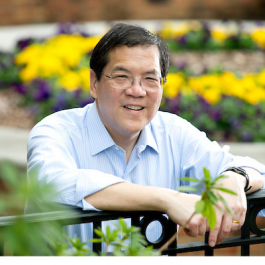
Stephen Chew
Stephen Linn Chew, Ph.D., is a cognitive psychologist and a professor of psychology at Samford University. His primary research areas include the cognitive basis of effective teaching and learning, the use of examples in teaching, the impact of cognitive load on learning, and the tenacious misconceptions that students bring with them into the classroom. He is best known as the creator of a groundbreaking series of YouTube videos for students on how to study effectively in college based on cognitive research.
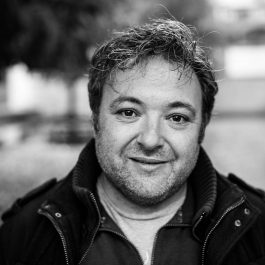
Dr. Pedro De Bruyckere
Educational Scientist at Arteveldehogeschool in Ghent, Belgium, postdoctoral researcher at Leiden University in the Netherlands, and Author of The Ingredients for Great Teaching.

Dr. Robert Dillon
Author, The Space: A Guide for Educators, co-founder of ConnectED Learning, a Saint Louis non-profit dedicated to affordable, quality professional learning for teachers, educator and speaker.
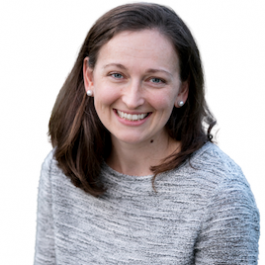
Krista Ferraro
Krista Ferraro is a history teacher and department head at Thayer Academy in Braintree, Massachusetts. Her passions include civic education, social justice, and preparing students for effective global citizenship. Previously, she served as deputy director of public policy and curriculum innovation at Chavez Schools in Washington, DC, where she also taught history and public policy courses. Her published works include the bestselling Learning That Transfers: Designing Curriculum for a Changing World, Tools for Teaching Conceptual Understanding.
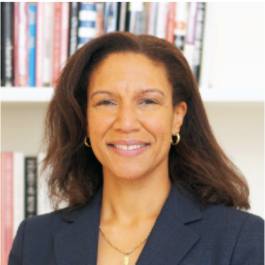
Nicole Furlonge
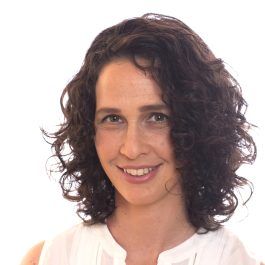
Efrat Furst
Efrat Furst, Ph.D., has a background in cognitive-neuroscientific research (human learning and memory) and focuses on bridging the cognitive science of learning with teaching and learning in classrooms. She supports educators and instructors across levels and disciplines with evidence-informed classroom-oriented content. Affiliated with The Mofet institute, Israel’s national institute for research and program development in teachers’ education and education, her work is focused on the development of digital pedagogy, academic course design, professional development programs and research, in the R&D center of technology and innovation in education. Learn more here.
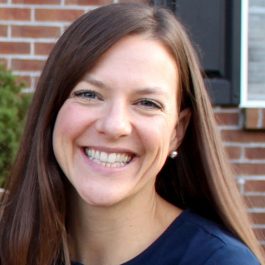
Kristin Gagnier
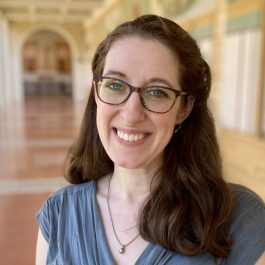
Rebecca Gotlieb
Rebecca Gotlieb, Ph.D., is a human developmental psychologist and educational neuroscientist. She is an Assistant Researcher in the Center for Dyslexia, Diverse Learners, and Social Justice, in the School of Education and Information Studies at the University of California, Los Angeles. Her work focuses on the coordinated neuropsychological development of literacy and social-emotional functioning in early childhood through young adulthood. Dr.Gotlieb completed her Ph.D. as a National Science Foundation Graduate Research Fellow in the Center for Affective Neuroscience, Development, Learning and Education at the University of Southern California, advised by Dr. Mary Helen Immordino-Yang. She completed post-doctoral research at UCLA advised by Dr. Maryanne Wolf.
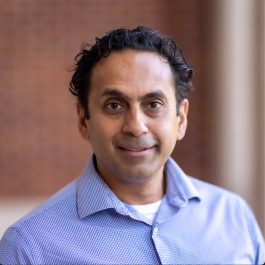
Regan Gurung
Regan A. R. Gurung is a social psychologist by training with research encompassing social, health, and pedagogical psychology. He has had over 120 articles published in peer-reviewed journals and has co-authored/co-edited 15 books. His most recent book is Thriving in Academia (with Ansburg & Basham). He is founding co-editor of APA’s journal Scholarship of Teaching and Learning in Psychology, co-chaired the APA General Psychology Initiative, and is currently past president of Psi Chi, the International Honor Society in Psychology. At Oregon State University, he is Associate Vice Provost and Executive Director of the Center for Teaching and Learning, Professor of Psychological Science, and Director of the General Psychology Program. Dr. Gurung taught at the University of Wisconsin-Green Bay (UWGB) for twenty years before moving to Corvallis, Oregon in 2019.
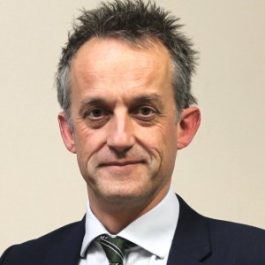
Iain Henderson
Iain Henderson is a professionally trained and expert coach. He has taught in both state and independent sectors in the United Kingdom and has trained hundreds of teachers there and at other schools to become coaches. Iain has taught at Wellington since 1993, and now leads on all aspects of Partnership work, locally, nationally and internationally. Iain is co-director of the Festival of Education, delivering this fantastic annual event not just in the UK but also in Tianjin, Shanghai, Hangzhou and Bangkok. Iain is also a leading expert in Coaching in Education and facilitates courses to build up significant and distinctive strength in this key area.

Christina Hinton
Christina Hinton, Ph.D., is a Research Associate at the Human Flourishing Program and the Founder and CEO of Research Schools International. At Harvard, Dr. Hinton leads the Human Flourishing Program’s work in education, researching character skills that support loving relationships and flourishing in schools internationally. She also co-leads the Flourishing Network, spearheading its education and entrepreneurship initiatives. At RSI, Dr. Hinton leads research and professional development to promote learning and flourishing in schools around the world. She also worked in multilateral diplomacy and international policy-making at the OECD’s Center for Educational Research and Innovation and UNICEF. At the OECD, she was a primary editor and author of the books, Understanding the Brain: The Birth of a Learning Science and Languages in a Global World: Learning for Better Cultural Understanding.
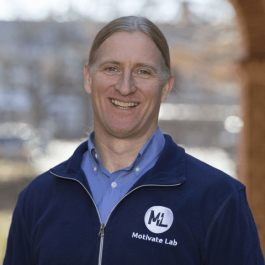
Dr. Chris Hulleman
Associate Professor at the University of Virginia, Ph.D., Social and Personality Psychology, University of Wisconsin-Madison
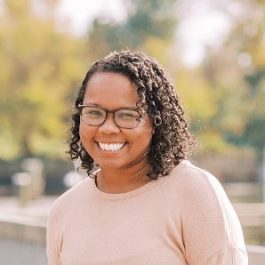
Kai Ivory
Kaiulani Ivory is the Associate Director of District Partnerships for the EF+Math Program. Prior to joining the EF+Math Team, she was the Director of Elementary Math and Science for DC Public Schools. While at DCPS, she oversaw the implementation of new math curriculum, led the design and facilitation of elementary math professional development in the district, oversaw the training and job-embedded professional development of math instructional coaches, and collaborated across offices to strengthen science and STEM instruction in the district. Kai began her career as an elementary teacher in Camden, New Jersey and served as a middle school math teacher and instructional coach at DC Prep, a charter school in Washington, DC. Learn more about Kai here.
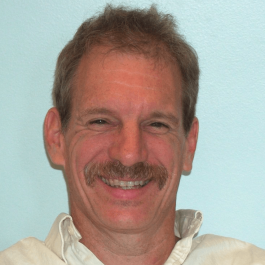
Dr. Mark McDaniel
Professor of Psychological and Brain Sciences, Coauthor of Make it Stick: The Science of Successful Learning, and Co-Director of CIRCLE at Washington University in St. Louis
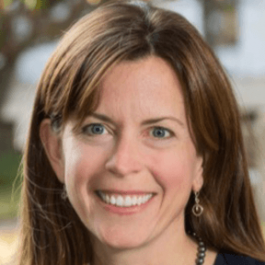
Dr. Beth Morling
Professor of Psychological and Brain Sciences at the University of Delaware. Author of Research Methods in Psychology: Evaluating a World of Information.
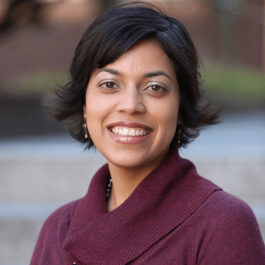
Dr. Vanessa Rodriguez
Author of The Teaching Brain and Assistant Professor in the Center for Early Childhood Health and Development in the Department of Population Health at the NYU School of Medicine
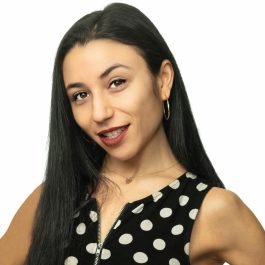
Stacey Roshan
Stacey Roshan is an educator, keynote speaker, TED-Ed talker, consultant, and author of Tech with Heart. She is passionate about discovering and sharing ways to leverage technology to cultivate deeper compassion in the classroom and provide each learner with the optimal platform to express their ideas. She aims to equip teachers with ideas and tech tools to create more inclusive, equitable, and empowering classrooms for every student to find their voice, build their confidence, and take ownership of their learning. Her evidence-informed work has been featured in USA Today, The Washington Post, CNN, and PBS Newshour.

Julie Stern
Julie Stern is passionate about synthesizing the best of education research into practical tools that support educators in breaking free of the industrial model of schooling and moving toward teaching and learning that promotes sustainability, equity, and well-being. She is a four-time, best-selling author of Learning That Transfers: Designing Curriculum for a Changing World, Visible Learning for Social Studies, The On-Your-Feet-Guide to Learning Transfer and Tools for Teaching Conceptual Understanding. She is a global consultant, partnering with large public school districts as well as international schools around the world.
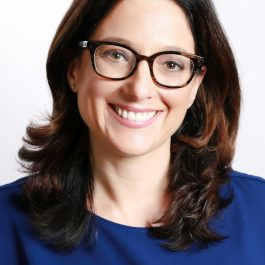
Carolyn Strom
Dr. Carolyn Strom is a teacher educator and classroom researcher whose work focuses on improving early literacy outcomes and reading experiences for young children. Specifically, her work centers on bridging the divide between scientific research and instructional practice. She collaborates widely with school districts and curriculum developers; currently, she is working on an initiative in New York City preschool teachers called ‘Cortex in the Classroom,’ which centers on the practical application of reading science and learning technologies in early childhood. She has a Ph.D. in Early Literacy from New York University and a Master’s degree in Reading Education from the University of Southern California.
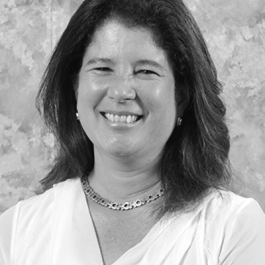
Tracey Tokuhama-Espinosa
Dr. Tracey Tokuhama-Espinosa is an Instructor at the Harvard University Extension School where she teaches the “Neuroscience of Learning: An Introduction to Mind, Brain, Health and Education Science” and is the Associate Editor of the Nature Partner Journal, Science of Learning. Her current work is aimed at turning research from the learning sciences into usable knowledge for teachers at all levels of education.
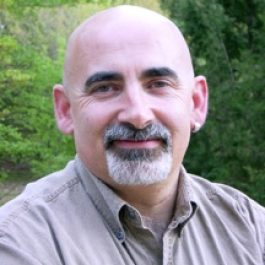
Dylan Wiliam
Emeritus Professor of Educational Assessment at University College London. Author of Creating the Schools Our Children Need: Why What We’re Doing Now Won’t Help Much (And What We Can Do Instead).
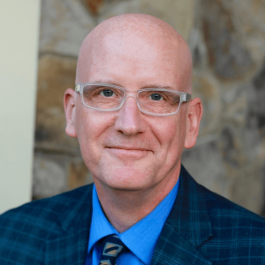
Dan Willingham
Daniel Willingham is Professor of Psychology at the University of Virginia. In 2017 he was appointed by President Obama to serve as a Member of the National Board for Education Sciences. Until about 2000, his research focused solely on the brain basis of learning and memory. Today, all of his research concerns the application of cognitive psychology to K-16 education.

Philip Zelazo
Phil Zelazo (Hons. BA, McGill 1988; PhD, Yale 1993) is the Nancy M. and John E. Lindahl
Professor at the Institute of Child Development, University of Minnesota. Zelazo’s research has helped shape current understanding of executive function (EF) and its development, including the key roles of reflection, rule use, hierarchical complexity, mindfulness, and emotion (hot versus cool EF). He was lead developer of the EF measures for the NIH Toolbox and is currently the lead developer of the “Cognition and Executive Function” measures for the NIH Infant and Toddler Toolbox, and has designed effective interventions for promoting the healthy development of EF in childhood.

